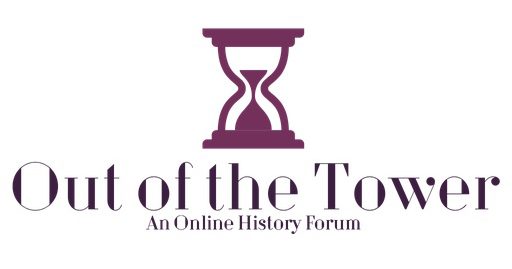“Why am I just now learning about the Haitian Revolution, especially in a modern European history course? Is it really that significant?” She was a young student. Although I cannot fully remember, I think she was a freshman. I stared back at her desperately trying to pretend that I was not frantically searching my brain for a clear answer. The problem was not a lack of answers; on the contrary, the problem was an overflow of ideas. It was my first semester working as a teaching assistant for a course on the history of modern Europe. At this stage, I still thought that as the instructor, I was supposed to know everything and anything at any given moment. In these early days, my discussion sections felt like twice-weekly pop quizzes.
Returning to the young student, I cleared my throat, broke my silence, and insecurely delivered what I prayed was a satisfactory answer. Gazing at her inquisitive eyes and feeling the other student’s predatory stares, I explained how the Haitian Revolution is significant to our understanding of the French Revolution.[1] I continued: “The Haitian Revolution reveals the inconsistencies within the French Revolution.” Gaining a little bit more confidence, I turned the question back to my class exclaiming, “The Haitian Revolution makes us ask, ‘was the French Revolution about liberty and equality, or was it about private property?” I finished: “It makes us question the nature of revolutionary movements.”


